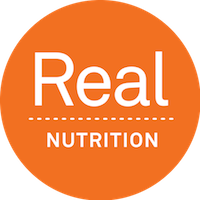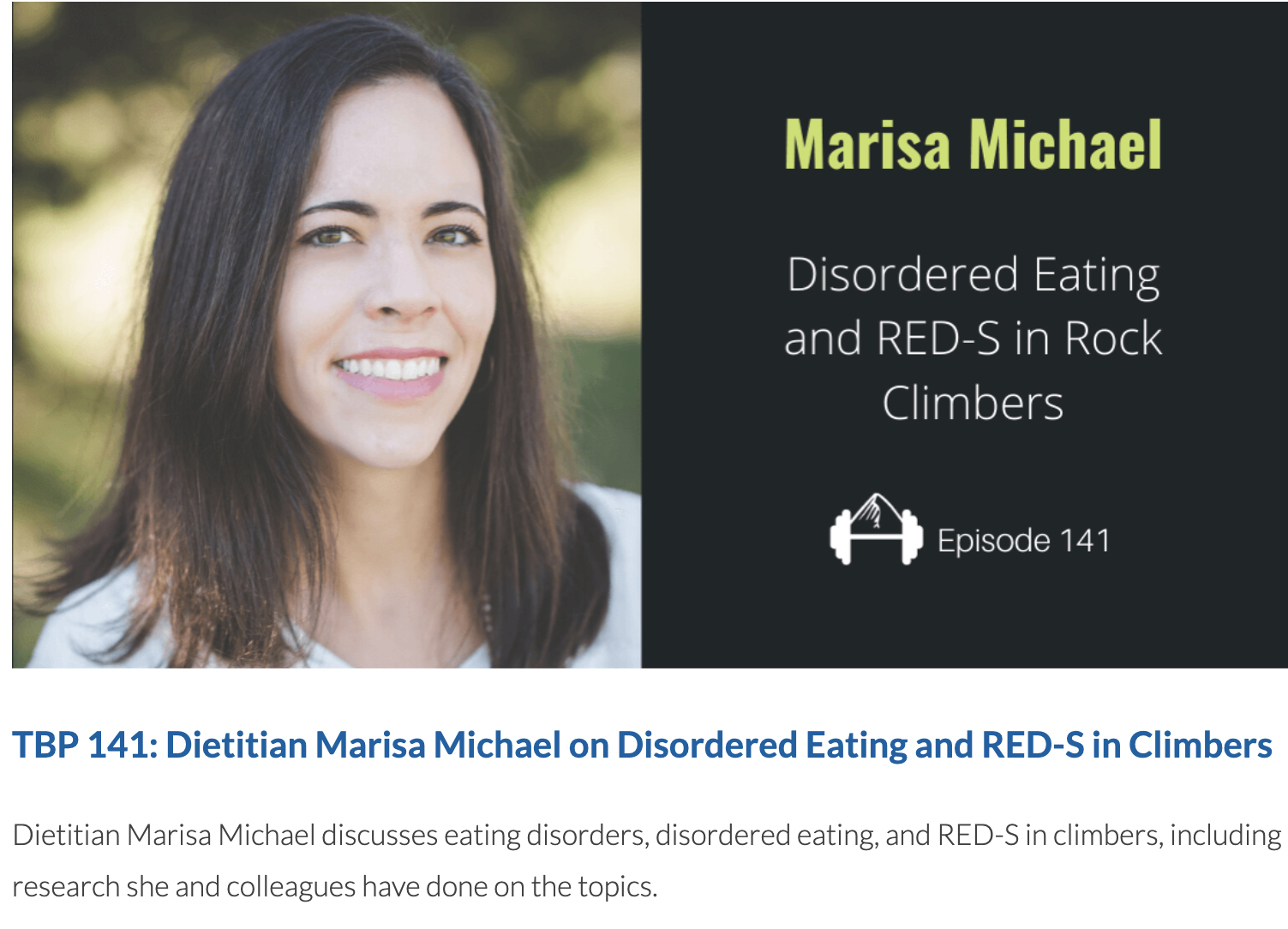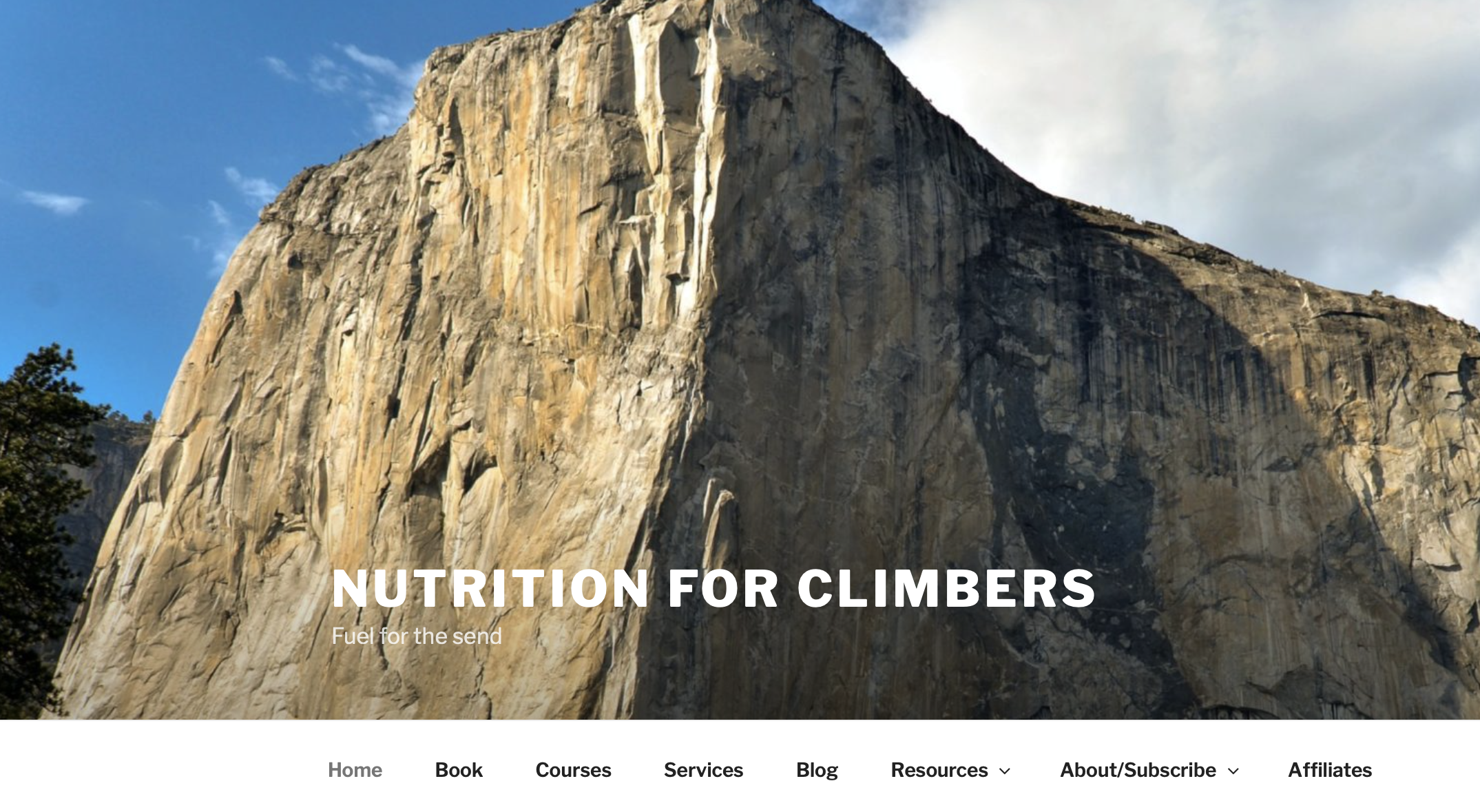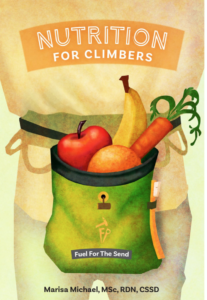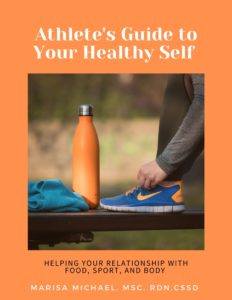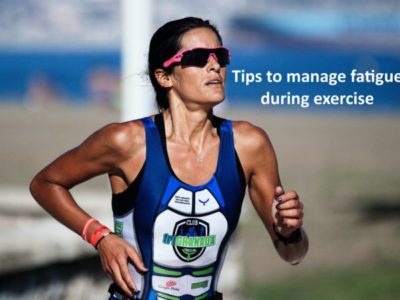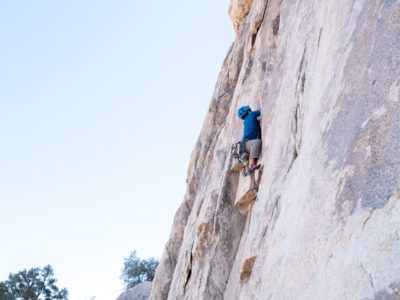
If you rock climb, you know it seems a lot easier to climb if you are lighter.
Climbers don’t like putting a bunch of weight on their rack. You don’t like hauling up an extra rope if you don’t have to, and it’s a pain to carry up water and food with you. It feels harder to climb if your body feels heavier, right? Does that mean you should lose weight?
Climbing culture is rife with people trying to lose weight to send a higher grade. In James Lucas’s article on Climbing.com he talked about climbers rejoicing that they got the stomach flu so they can weigh less, counting out cheese puffs to restrict portion size, and bringing a scale on climbing trips to weigh in before climbing.
There’s a definite strength-to-weight ratio with climbing, but can you go too far?
If you compete at an elite level, the International Federation of Sport Climbing, the sport’s governing body, checks your BMI (body mass index) at each comp–you may be barred from competition if your BMI dips too low (under 17).
Most of us don’t climb at an elite level. So aside from possibly being banned from competition, what’s the big deal about being thin, you may ask? Your mental and physical health may suffer.
What are some health consequences of under-eating?
A number of things can happen if you chronically under-eat, whether intentionally or not. This is called low energy availability, or Relative Energy Deficiency in Sport (RED-S), formerly known as the Female Athlete Triad.
- Decreased immunity
- Reproductive hormone imbalance (low testosterone for males, lost or irregular period for females)
- Gastrointestinal disturbances
- Increased risk for injury
- Increased cardiovascular risk
- Stunted growth and puberty (children and adolescents)
- Compromised bone health
- Metabolic disturbances
Some signs and symptoms of under-fueling include:
- Decreased glycogen stores
- Decreased or plateaued performance
- Decreased muscle strength
- Decreased coordination
- Decreased concentration
- Impaired judgment
- Mood disturbances (depression, irritability, etc.)
As you can see, it’s a bad idea to under-fuel! It can have enormous health and performance consequences. So where can you get good information about whether to lose weight, and how to do it safely?
Even from so-called “experts” and “nutritionists,” there is a lot of misinformation out there.
When I first began studying rock climbing nutrition in-depth, I was frustrated to find that there wasn’t actually much information on rock climbing and nutrition in the scientific literature. When I turned to online sources, I was disappointed to find numerous blogs and podcasts that were giving dead-wrong information about how to eat to enhance climbing performance.
Coaches telling people to go keto. Nutritionists telling people to stop eating dairy or carbs. Trainers encouraging weight loss even if they had no idea of this person’s mental or physical medical history. Bad information and potential harm everywhere I turned.
(I actually created a whole new website, nutritionforclimbers.com, as a way to provide the climbing community with valid, science-based nutrition information!)
Could this bad information, coupled with the fact that lots of climbers think they need to lose weight, be driving disordered eating?
Maybe. I set out to start to fill this gap in knowledge. I researched a group of adolescent climbers, ages 11-17. I asked them all sorts of questions about what they ate and how much they ate. I gathered data on their height, weight, age, climbing ability, hours they spend training, how many comps they’ve done, and more. And finally, I gave them a survey called the EAT-26.
The EAT-26 is a questionnaire designed to detect if there is any sort of disordered eating patterns going on. It measures risk for disordered eating. It asks to rate on a scale how much you agree with statements like, “I find myself preoccupied with food,” “I feel extremely guilty after eating,” and “I am occupied with a desire to become thinner.”
In my group of climbers, I found that they had low risk for disordered eating (which is good!). The average score was 5.3. A score of 20 or more indicates high risk for disordered eating. Good news, but what about their eating habits?
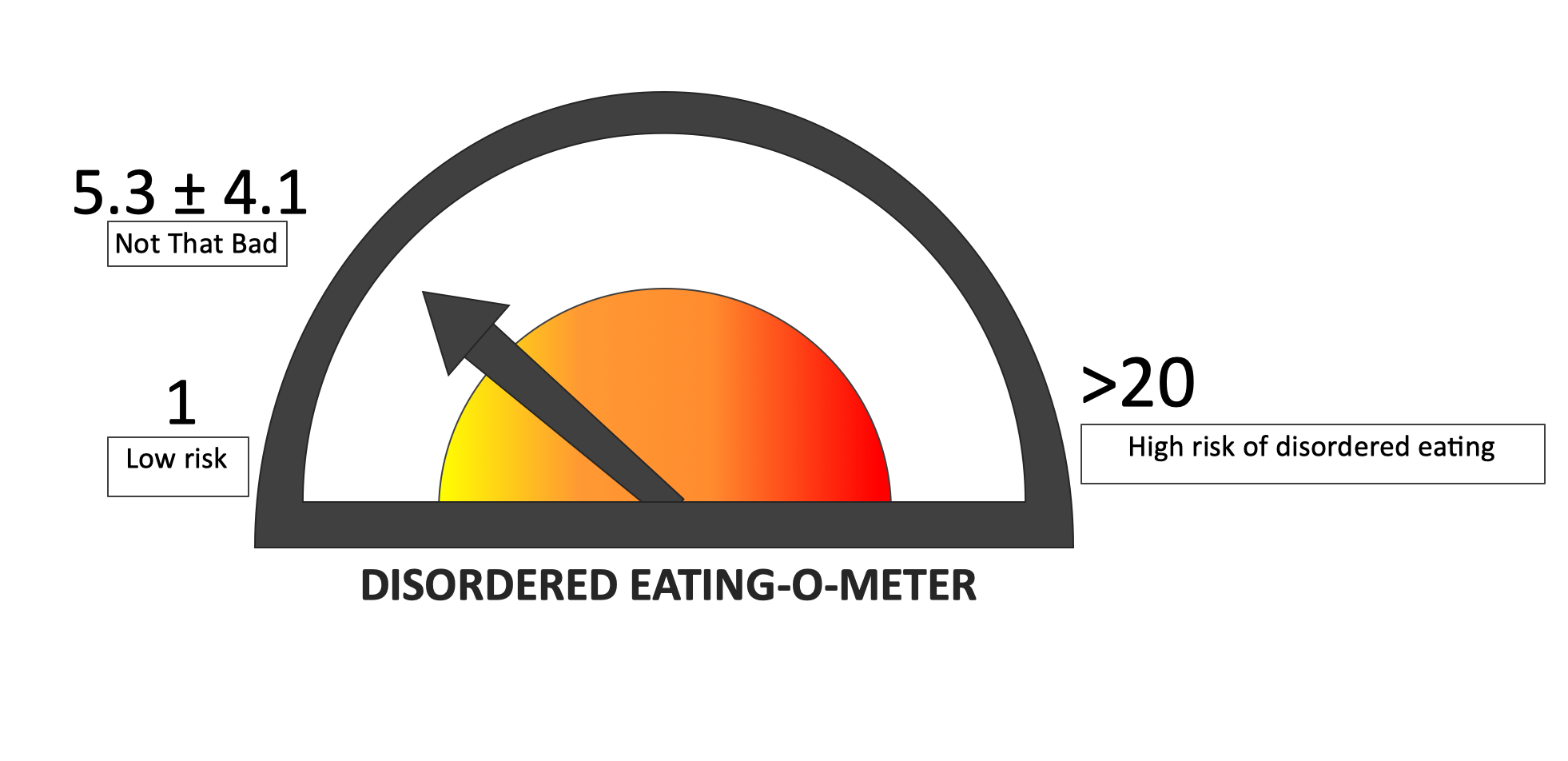
Climbers were under-eating on overall calories, fat, and carbohydrate.
77% of my climber group significantly under-ate their calorie and carbohydrate targets. This is alarming, especially in a group of adolescents where they need to eat enough to support their growth as well as their sport! You can read the full published study here.
More research needs to be done, as this was a small group of 22 climbers. But another study in advanced Polish climbers found the same thing–these climbers were also under-eating!
What about adult climbers’ risk for disordered eating?
In another study, my co-researcher Dr. Lanae Joubert, gave the EAT-26 to a large cohort of 604 climbers. She found that 9% of them scored 20 or higher on the EAT-26, which suggests about 9% of these climbers may have disordered eating. The more advanced or elite the climber was, the higher the risk for disordered eating patterns.
With the little existing research we have, it seems to be trending toward the fact that climbers may not eat enough, and they may be at risk for disordered eating. Much more research needs to be done.
Before you are tempted to lose weight to send, think about that list of health consequences from under-eating. You may not need to lose any weight at all! Eating disorders and under-fueling are serious health conditions that need proper treatment. If you or a climbing friend feel like anything is amiss in your health or eating habits, please reach out to a qualified dietitian, therapist, and physician for help!
If you truly do need to lose weight for performance or health reasons, be sure to do it under the guidance of a qualified sports dietitian to help you preserve your mental health and physical health while making diet and lifestyle changes.
~Disclaimer: This is general information only and not medical advice. Be sure to consult with your healthcare provider before undergoing any diet or lifestyle change.
More climbing nutrition resources:
My interview on climbing and eating disorders with Neely Quinn on the TrainingBeta podcast
My article in Gym Climber Magazine: Is Lightweight the Right Weight?
This amazing book, Nutrition for Climbers: Fuel for the Send.
Find my research online at Frontiers in Nutrition
You may also like my publication on Physiological demands and nutrition considerations for Olympic-style competitive rock climbing
YOU ALSO MIGHT LIKE:
A 56-page downloadable guide full of tips for athletes, active people, coaches, and parents of youth athletes. It has information on eating disorders, journaling prompts, quizzes, resources, and more.
Check out our amazing nutrition resources, including on-demand courses, free downloads, and webinar replays.
- Nutrition for Climbers
- The Ultimate Guide to Useful Sports Supplements
- Ditch Diets and Become an Intuitive Eater
And be sure to follow us on Instagram!
Book an appointment with the dietitian
Photo by Scott Osborn on Unsplash
